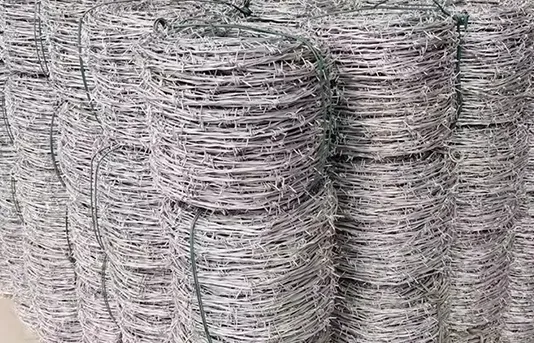-
 Phone:
Phone: -
 Email:
Email:

Innovative Mesh Rock Retaining Wall Design for Enhanced Stability and Aesthetics
The Benefits of Mesh Rock Retaining Walls in Modern Construction
Retaining walls are essential structures in modern engineering, often employed to hold back soil, maintain slopes, and prevent erosion. Among various types, mesh rock retaining walls have gained popularity due to their durability, aesthetic appeal, and environmental benefits. This article explores the advantages and applications of mesh rock retaining walls in construction and landscaping.
Understanding Mesh Rock Retaining Walls
Mesh rock retaining walls combine steel mesh with natural stone or rock. The steel mesh serves as a framework that holds the rocks in place, creating a sturdy barrier against soil erosion and lateral earth pressure. This combination of materials provides a robust solution for various landscape challenges, from residential gardens to large-scale civil engineering projects.
Advantages of Mesh Rock Retaining Walls
1. Stability and Strength The primary function of any retaining wall is to provide stability to a slope or terrain. Mesh rock retaining walls excel in this regard by distributing weight evenly across the structure. The interconnected nature of the mesh and rocks allows these walls to support significant loads, making them suitable for areas subjected to heavy rainfall, seismic activity, or soil shifts.
2. Aesthetic Appeal Unlike traditional concrete walls, mesh rock retaining walls offer a more natural and aesthetically pleasing appearance. The use of local stone or decorative boulders can create a visually appealing landscape that blends seamlessly with the surrounding environment. This aesthetic benefit makes mesh rock retaining walls an attractive option for parks, gardens, and residential properties.
3. Drainage and Erosion Control Proper water drainage is crucial for any retaining wall system. The design of mesh rock retaining walls allows for excellent water flow, preventing water accumulation behind the wall that can lead to structural failure. The spaces between the rocks and mesh provide a natural drainage system, reducing the risk of erosion and maintaining soil integrity.
4. Environmental Sustainability As society moves towards more sustainable building practices, mesh rock retaining walls align with these values. The use of natural stone or recycled materials minimizes the environmental impact of construction. Moreover, their ability to facilitate plant growth in the gaps between the rocks promotes biodiversity and enhances the ecological value of the site.
mesh rock retaining wall

5. Cost-Effectiveness While initial construction costs may vary, mesh rock retaining walls can be economical in the long run. Their durability reduces maintenance costs, and the natural materials often require less upkeep than traditional concrete walls. Additionally, the ease of installation can lead to lower labor costs, making them a cost-effective choice for many projects.
Applications of Mesh Rock Retaining Walls
Mesh rock retaining walls are versatile and can be used in various applications
- Residential Landscapes Homeowners can utilize these walls to create terraces, manage slopes, or enhance garden features, all while adding aesthetic value to their property.
- Public Parks and Recreational Areas City planners often opt for mesh rock walls in parks and recreational spaces due to their visual appeal and ability to blend into natural settings.
- Highway and Road Construction In civil engineering, these walls are frequently used to stabilize slopes alongside highways, preventing soil erosion and ensuring safety for motorists.
- Agricultural Settings Farmers can employ mesh rock retaining walls to manage land for crops or create terraced farming systems that increase arable land and optimize water drainage.
Conclusion
In conclusion, mesh rock retaining walls offer a multitude of benefits that make them a preferable choice in contemporary construction. Their strength, aesthetic qualities, environmentally friendly features, and cost-effectiveness set them apart from traditional retaining wall options. As engineers and architects continue to prioritize sustainability and innovation in design, mesh rock retaining walls will likely play an increasingly prominent role in shaping modern landscapes. Whether for private residences or large-scale infrastructure projects, these walls demonstrate a perfect marriage of functionality and beauty, making them an investment in both durability and the environment.
-
Wire Mesh for Every Need: A Practical SolutionNewsJul.25,2025
-
Steel Fences: Durable, Secure, and Stylish OptionsNewsJul.25,2025
-
Roll Top Fencing: A Smart Solution for Safety and SecurityNewsJul.25,2025
-
Cattle Farm Fencing Solutions for Maximum SecurityNewsJul.25,2025
-
Affordable Iron Binding Wire SolutionsNewsJul.25,2025
-
Affordable Galvanized Wire SolutionsNewsJul.25,2025
-
Wire Hanger Recycling IdeasNewsJul.25,2025








